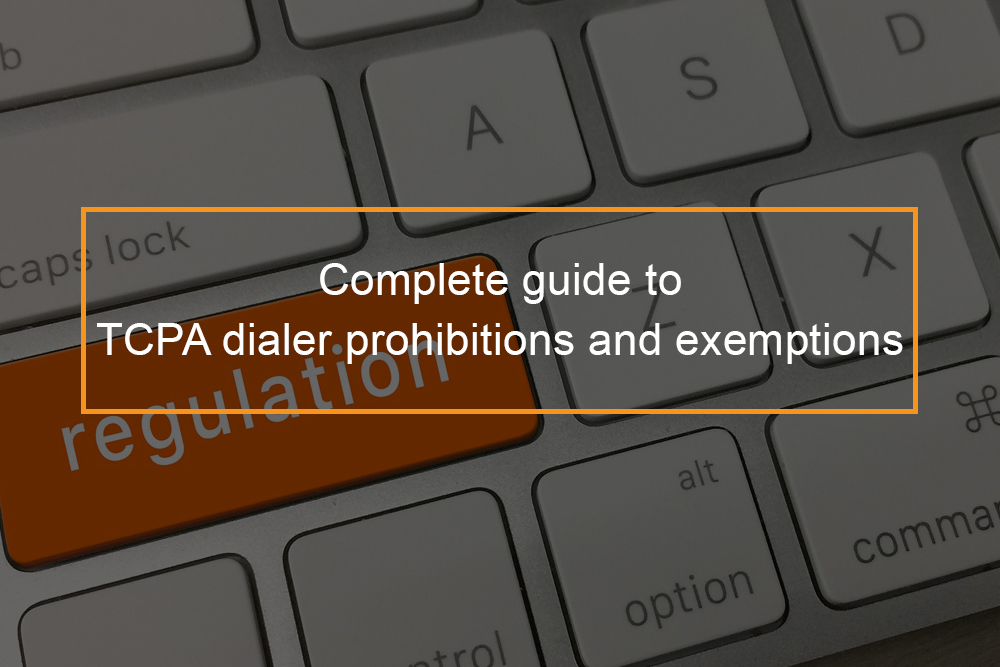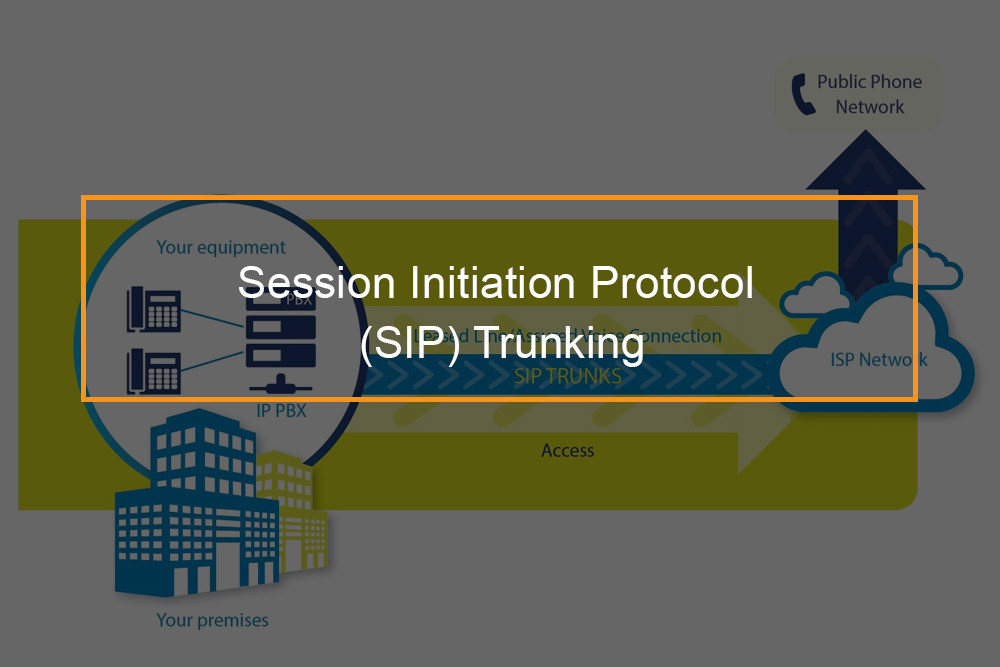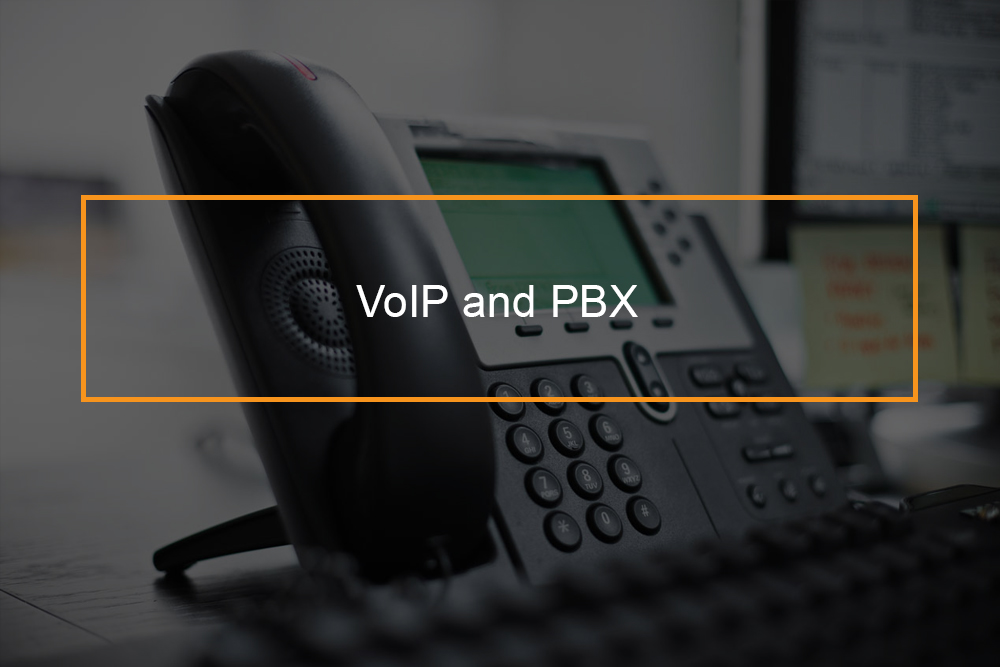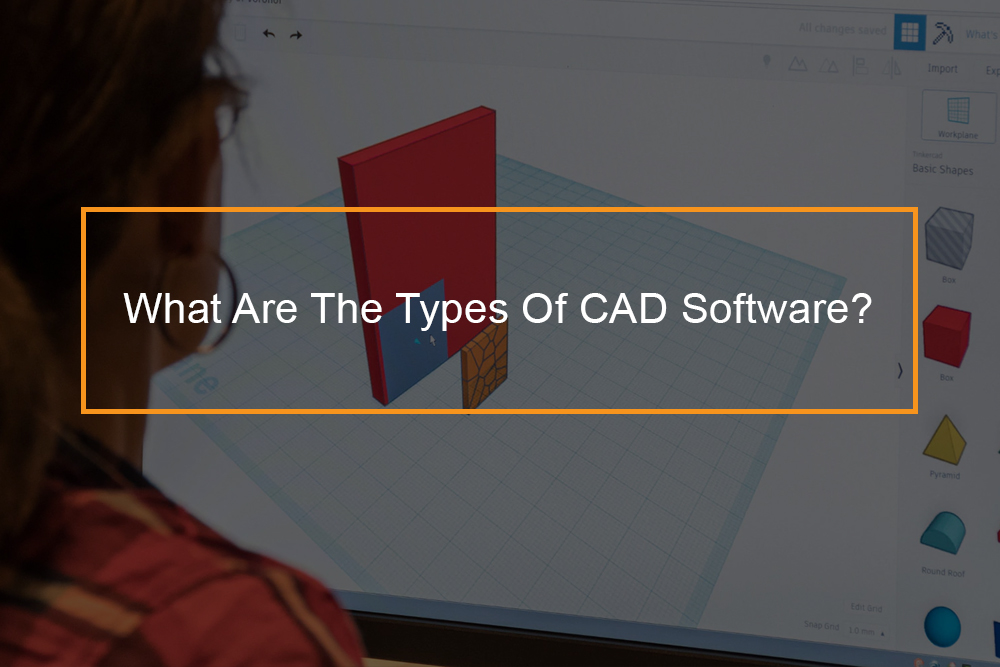
The Telephone Consumer Protection Act (TCPA) prohibits the utilization of auto dialer software to place unwanted phone calls. It restricts the placement of a phone call from an auto dialer without getting prior express consent from the customer. Thus, unwanted automated telemarketing calls are illegal. However, automated phone calls to landlines and cell lines are acted towards differently.
What is the Telephone Consumer Protection Act?
The Telephone Consumer Protection Act is a federated regulation that prohibits some automated calls, text messages, and faxes that are sent by advertisers and telemarketers. The regulation is implemented by an enactment from the Federal Communications Commission (FCC). The TCPA allows victims of illegal robocalls to collect compensation of at least $500 for any illegal text message, fax, and automated phone call.
The TCPA was established in 1991. However, the Federal Communication Commission frequently updates its rules and regulations to match technology changes as well as protect consumers from offensive advertisers and marketers. To protect consumers in a better way, new rules and regulations were developed in 2013. The rules require telemarketers to get a consumer’s consent in writing prior to placing a call or sending a text. Businesses that are trying to adopt an effective TCPA and DNC compliance policy should: be aware of the new TCPA safe harbor, be updated on the DNC registry, and strife for TCPA compliance and contact center compliance.
TCPA compliance: Is auto dialing illegal?
What TCPA prohibits automated phone calls?
In this section are phone calls that are not permitted by the TCPA and exceptions. Automated calls to mobile phones with any pre-recorded or artificial voice without a call recipient is illegal. Also, phone calls placed to mobile phones utilizing an automated telephone dialing system without a consumer’s consent is prohibited. Note that the rules and regulations apply to non-telemarketing and telemarketing phone calls.
However, there are exemptions such as emergency calls, food and drug, and health care-related calls. The kind of consent needed depends on the kind of call. As a consumer, you should know that advertising and telemarketing calls to a mobile phone needed written consent. Thus, in case the advertiser attempts to sell you anything, it should have your consent in writing. The written consent should state the customer’s permission for automated calls from the company.
Non-telemarketing calls to mobile phones are also prohibited in case there is no consumer’s consent. However, consent for some of these automated phone calls need not be expressed in writing. It is worth noting that although a client gave their consent to be called previously, they can revoke the consent when they want. And any automated call placed after the revocation is considered illegal.
Residential or landline phones
TCPA prohibits telemarketers to auto dial a landline deploying a prerecorded or artificial voice without prior written consent.
What are the exceptions of landline phones?
- Emergency calls
- Informational calls
- Marketing calls that do not need constitute telemarketing
- You can also use an autodialer to call a landline, as long as there is no prerecorded
- Phone calls placed for a non-commercial reason
TCPA’s prohibitions on collection calls under Federal Communications Commission rules and regulations
The FCC has determined that debt collection calls are not telemarketing calls. In its 2012 updates, FCC clarified the various provisions of the TCPA. FCC declared that prerecorded debt collection calls to wireless telephone numbers are placed with the customer’s prior express consent. The FCC also declared that a non-exhaustive list of other types of automated calls that are not included in written consent needed reserving for telemarketing calls. Such calls incorporated research and survey calls, white collar criminals alert so that they do not have telemarketing messages.
What text messages does TCPA prohibit?
TCPA handles a text message as a phone call. Thus, the same rules and regulations that apply to mobile phone calls apply to text messages. If a consumer gets a text message that tries to sell him something, and he or she has not offered his consent in writing or text, then that is illegal. However, a non-telemarketing text message that does not have a customer’s consent is illegal unless it is for health care or emergency-related.
Telephone Consumer Protection Act litigation growth
The lucrative TCPA has offered a way to the cottage market of TCPA plaintiffs law firms. These firms actively deploy law students, friends, and clients who want to act as class reps for actions. Businesses are also coming together to split legal expenses with the aim of shared investment that can generate significant rewards.
What is the penalty of breaching TCPA rules and regulations?
Suing for illegal robocalls
Telephone Consumer Protection Act enables victims to recover damages of at least $500 for any unauthorized text messages or calls. However, they are exceptions which include:
- If you port a number from residential line to cell service, the TCPA restrictions on mobile phone calls do not apply for the first 15 days. However, if the number is in the national do not call list, the exemption does not apply.
- Automated calls by tax-exempt nonprofits; A telephone call from a tax-exempt nonprofit is not phone solicitation.
- Text messages or phone calls from your mobile service provider about the service are also allowed.
- Healthcare calls are also allowed
- Automated calls to assisted living facilities and hospital rooms or other similar facilities are prohibited.
- Calls using auto dialer or artificial voice are prohibited to the emergency line of a serviced office, hospital poison control, fire protection, or law enforcement agency.
What is the definition of an autodialer under TCPA?
TCPA dialer update: What is an auto dialer?
According to TCPA, what qualifies as an automatic telephone dialing system, autodialer or ATDS, is a significant issue for any organization that sends text messages, and calls customers. Last year in the case of DC circuit, the circuit split FCCs definition of an autodialer in ACA intl vs. FCC. In this area, we will look at the court’s ruling in ACA International, associated cases, and the chairman Pai’s concerns about the atd definition in TCPA.
2015 declaratory ruling on FCCs interpretation of auto dialer
ATDS under the TCPA is denoted as a device with the capacity to store or produce telephone numbers to be dialed, deploying a random or sequential number generator and to dial such contacts. In 2015, the court held FCC adoption as an overly expansive definition. In its 2015 declaratory ruling, the FCC defined equipment as an autodialer if it had the potential capacity to dial random or sequentially generated numbers, although the capacity could be added only through particular modifications. Under this definition, any equipment that could be modified to dial numbers randomly or sequentially would be an autodialer.
FCC had made a contradictory report about the capabilities that equipment should possess to function as an autodialer. The FCC reaffirms and then appears to disclaim its prior declaratory on predictive dialers, and offering contradictory reports regarding the level of human intervention that would prevent a call from being auto-dialed. By setting aside the FCCs interpretation, the DC Circuit handed the issue back to the Commission for further explanation. This saw the FCC seeking comment from the public regarding ATDS definition under TCPA. In specific, the attorney advertising was seeking input in:
In particular, the Consumer and Federal Trade Commission FTC was seeking information on:
- If ATDS interpretation by the ninth circuit indicates that any equipment with the capacity to dial stored numbers automatically functions as an ATDS?
- In case the statutory definition of an ATDS is ambivalent?
- The device has the capacity to store numbers. And what device that can store numbers also have the capacity automatically dials phone numbers
Chairman Pai 2015 disagreement
After the FCC 2015 TCPA declaratory ruling was developed, Chairman Pai authored a significant disagreement with the interpretation of an autodialer under the TCPA. PAI positioned that only a device that has the capability to dial sequential numbers or random numbers should qualify as an ATDS. He believed that if the device can not store or produce phone numbers to be dialed deploying a random or sequential number generator and cannot dial such numbers, then it is not an auto dialer.
Pai thus charged that FCCs definition changes Telephone Consumer Protections Act TCPA from a regulation targeting particular companies that promote their services by generating random or sequential numbers automatically into unpredictable management covering all communications tools.
Telephone Consumer Protection Act cases of note
Ninth Circuit ruling on ATDS
The ninth circuit ruled that ATDS includes devices with the capacity to automatically dial stored telephone numbers. A California court had earlier permitted summary judgment on this case, ruling that the system was not an ATDS seeing it did not have a present or potential capacity to store or produce phone numbers to be dialed. Nonetheless, the ninth circuit’s adoption incorporated the expansive definition of an autodialer. The court held that ATDS includes a device that stores telephone numbers to be dialed, if or not a random or sequential generator has generated those contacts. By doing so, the court rejected the third circuit conclusion.
American Bankers Association Group seeks TCPA exemption
An American bank group requested that the Federal Communications allow financial organizations to text or call recipients on their cell phones in the case of a data breach or other account issues.
Is predictive dialer illegal?
Do the same rules on TCPA dialer apply to predictive dialers?
Businesses have long quoted the statutory definition to argue that predictive dialers match the autodialer definition only in case they have the ability to randomly or sequentially generate contacts and dial such numbers without human intervention.
FCC rejected this definition in 2003 declaratory, finding that a predictive dialer qualifies as an ATDS for the following reasons:
- The primary responsibility of an automatic telephone dialing system ATDS is the capacity to dial contacts without human intervention.
- The definition of ATDS completes devices that have the capacity to store or produce numbers.









